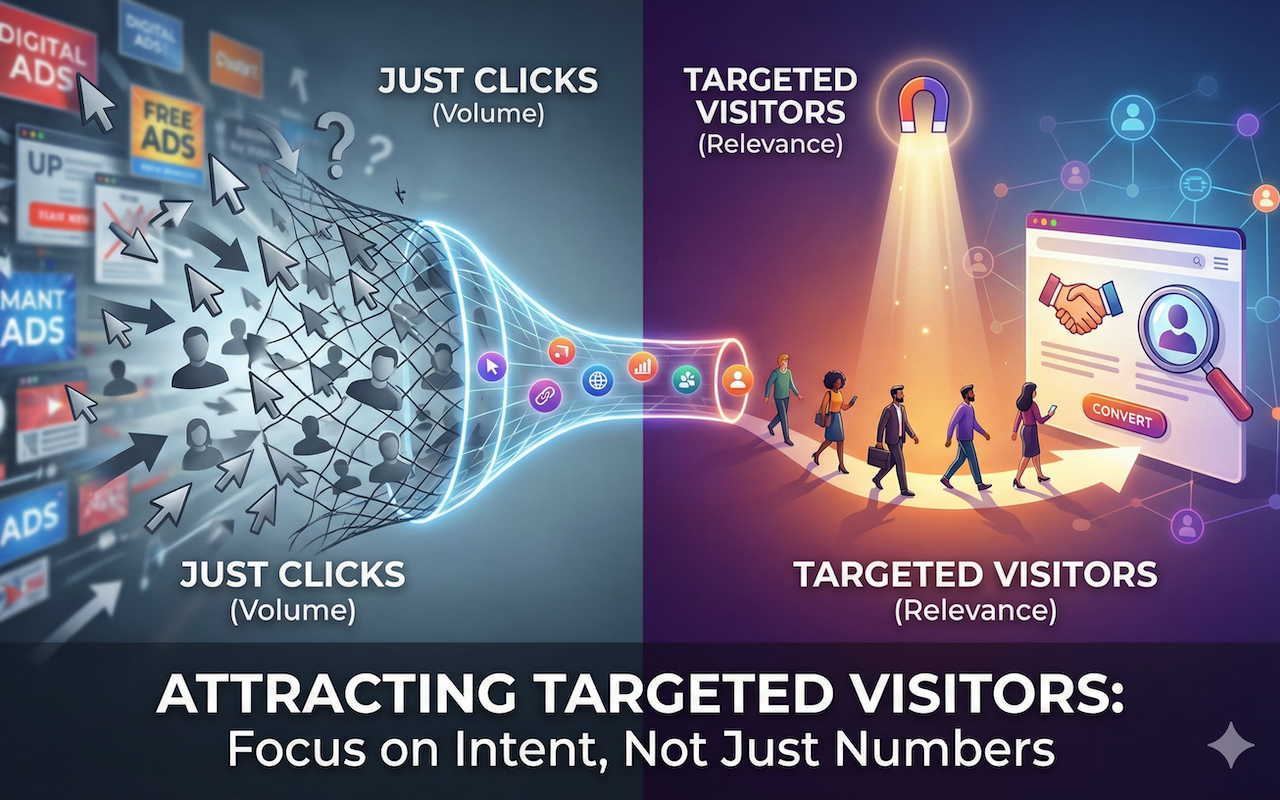
Within the digital ecosystem which is rapidly changing, web performance and user engagement have emerged as important success metrics of a business. With the increasing complexity of websites and the growth in the number of audiences around the world, manual processes are not able to match the demand. This is where automation comes into play transformatively. Optimization is smoothed out, speed is enhanced, and websites are made to provide scaling, consistent, and engaging experiences.
Theoretical Future of Automation
Web performance can be defined as the speed and effectiveness with which a site will load, process, and respond to user requests. Conventionally, developers and administrators used to monitor site metrics manually, update websites, and test them. Nonetheless, it is a slow and error prone method, particularly when working with large or dynamic websites.
With automation, new intellectual systems are added to perform repetitive and time consuming activities like testing, monitoring, and optimization without the need to have a human operator always present. UBy using automated solutions, a website can continuously improve and adapt over time, ensuring users enjoy a smooth browsing experience regardless of traffic spikes or differences in regional access.
Optimization and Automated Monitoring
Performance monitoring is one of the most important sectors that automation has transformed web management. Automated tools such as Lighthouse CI, New Relic, and Datadog monitor the metrics of page load time, server response, and user interaction latency in real time. Such systems automatically establish bottlenecks, broken elements, or inefficiencies in the code before users recognize a problem.
Automated optimization also plays a key role in ensuring consistent performance. For example, Content Delivery Networks (CDNs) use automated caching and load distribution to deliver content quickly based on a user’s location. Processes such as image compression, lazy loading, and code minification can also be handled automatically, reducing delays and keeping websites lightweight without requiring constant manual maintenance.
Automation and Customer Interaction
Performance alone doesn’t guarantee engagement. Users stay when they feel connected and valued. Automation enhances the user experience by personalizing interactions and adapting to individual behavior patterns, making each visit more relevant and engaging.
For instance, AI-based analytics tools collect real-time data about how users interact with a webpage. Based on these insights, automated systems can adjust layouts, recommend products, or deliver personalized content. Chatbots and automated messaging systems also play a key role by offering instant responses, guidance, and engagement—even outside of business hours.
Automation has also elevated email marketing and content personalization. Behavioral analysis tools now deliver tailored messages and recommendations at just the right time, ensuring users receive information that aligns with their interests. This level of personalization has been shown to increase click-through rates and strengthen brand loyalty.
Scaling Through Automation
Scaling a web-based application refers to the ability to handle more users, transactions, or data operations without compromising speed or performance. Scaling is made easier with automation as infrastructure and resource allocation is optimized.
Auto-scaling features in cloud platforms like AWS, Google Cloud, and Azure automatically adjust server capacity in real time to match changing demand. Resources increase when the traffic peaks and decrease when demand falls. This is without the need of any manual intervention. This saves time as well as minimizing operational costs.
In addition, automated DevOps pipelines support continuous integration and deployment (CI/CD), allowing updates, patches, and new features to be released rapidly with minimal downtime. This approach results in a highly flexible and responsive website that can scale seamlessly as its audience grows.
The Future of Automation in Web Engagement
With continued advancements in AI and machine learning, web performance and engagement automation are becoming increasingly predictive. The next generation of systems will not only react to issues but anticipate them, proactively making adjustments to prevent performance drops before they occur. At the same time, personalization will become even more refined, as automation enables deeply tailored digital experiences powered by insights from advanced deep learning models.
Final Thoughts
Automation is no longer optional; it has become essential for organizations aiming to deliver fast, efficient, and interactive digital experiences. By combining automated performance management, optimization, and personalized engagement features, businesses can scale effectively while maintaining a seamless user experience.
In the modern web landscape, automation is not just about reducing manual workload; it’s about enhancing intelligence, resilience, and the overall adaptability of the digital ecosystem.
Featured Image by Freepik.
Share this post
Leave a comment
All comments are moderated. Spammy and bot submitted comments are deleted. Please submit the comments that are helpful to others, and we'll approve your comments. A comment that includes outbound link will only be approved if the content is relevant to the topic, and has some value to our readers.




Comments (0)
No comment